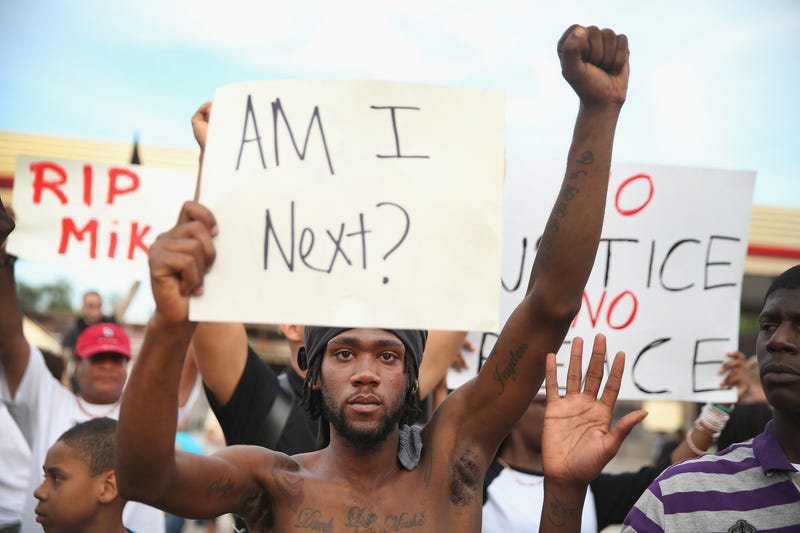In the depth of my past and the repetition of everyone within my sphere, music is core to our character. For my mother, she sings passionately in her room to Whitney Houston. My younger brother is dreaming of Chance the Rapper and the rapper’s next big single. My grandmother, in her frustration to call me, sings out her familiar negro spirituals; a reminder of the bad times but the good times to come. All of that juxtaposes with not only what Snead discusses but our general discussion in class: the perception of wrong and right.

A large part to our discussion in class is that Hegel is a bigot. That is without a doubt in most people’s mind. For example, Hegel’s argument points out that because of African’s “lack of culture” that the institution of slavery must have “gradual abolition” instead of it immediately being abolished. However, we all agreed that while Hegel was bigoted and morally disgusting, he was not wrong (Hegel, 157). At least to him and those during that time, he didn’t see himself as wrong. That lack of not seeing is what connects itself to the black experience and more so Afrofuturism.
No one can imagine countries in Africa or black people across the diaspora has had this institutional power. Hegel could not recognize it and it is not surprising that people who have a disdain for the black experience or internalized racism haven’t gone out of their way to fight back.
So yes, Snead is not wrong in his argument because he could not see the potential of blackness. Yet everyone within the black experience or those who want to foster and support black lives do. My mother, grandmother, brothers, and me. And as I jam away to Alexander Hamilton’s “Nonstop”, that feeling that I am part of something bigger is present. It is a matter of whether of what extent will we go to make sure it stays present?

I think you do a really good job of explaining Snead’s interpretation of Hegel, and how they both in a way shared their underestimation of blackness. I also think it’s really interesting how you connected Hegel’s worldview to the foundation of Afrofuturism. I agree that it’s really easy just to write off Hegel as an annoying bigot and move on, but he sort of does the work of Afrofuturism by imaging a world where blackness is dominant — the only difference is that he responds from a place of fear, and charges that such a world wouldn’t be possible based on his perceived lack of black culture. From that perspective, I think its pretty cool how Afrofuturism manages to take a similar impulse and give it a positive spin, so that imaginings of a dominant black culture, like Wakanda, are positive/affirmations of black history.
It’s fascinating to think, as you two are doing, that Snead might be underestimating Blackness…it’s an idea we can return to as we finish reading him. For now, though, I’d like to clarify that Snead isn’t saying that Hegel’s right about Africa, but that he’s right about Africa being in a different relationship to history than Europe, and that’s where Snead is diverging from Hegel: where for Hegel that difference is inferiority, for Snead it’s insight. In other words, Snead is flipping or subverting Hegel by saying Hegel’s right (to trivialize, it’s a “I know you are but what am I?” move, or agreeing to tidy your room then not doing so).
The other thing I wanted to highlight here is how Kazon’s illuminating music as a connection and a communication, not just an aesthetic experience for pleasure’s sake. Artist Steve Prince said somethings about this during last year’s visit and I hope you’ll get a chance to explore that further with him when he visits next semester!